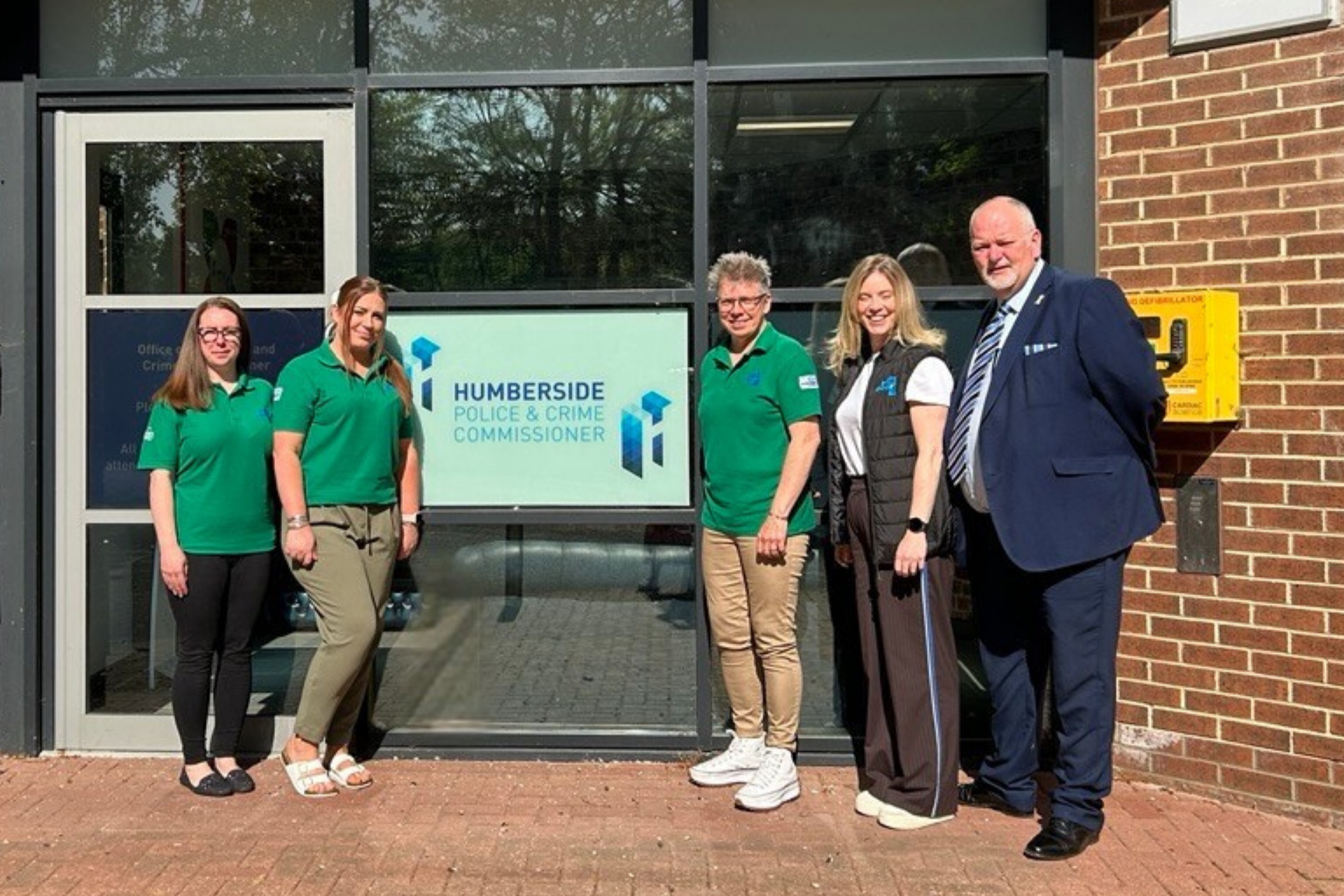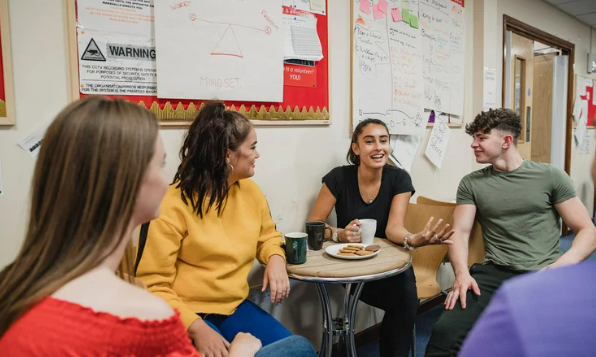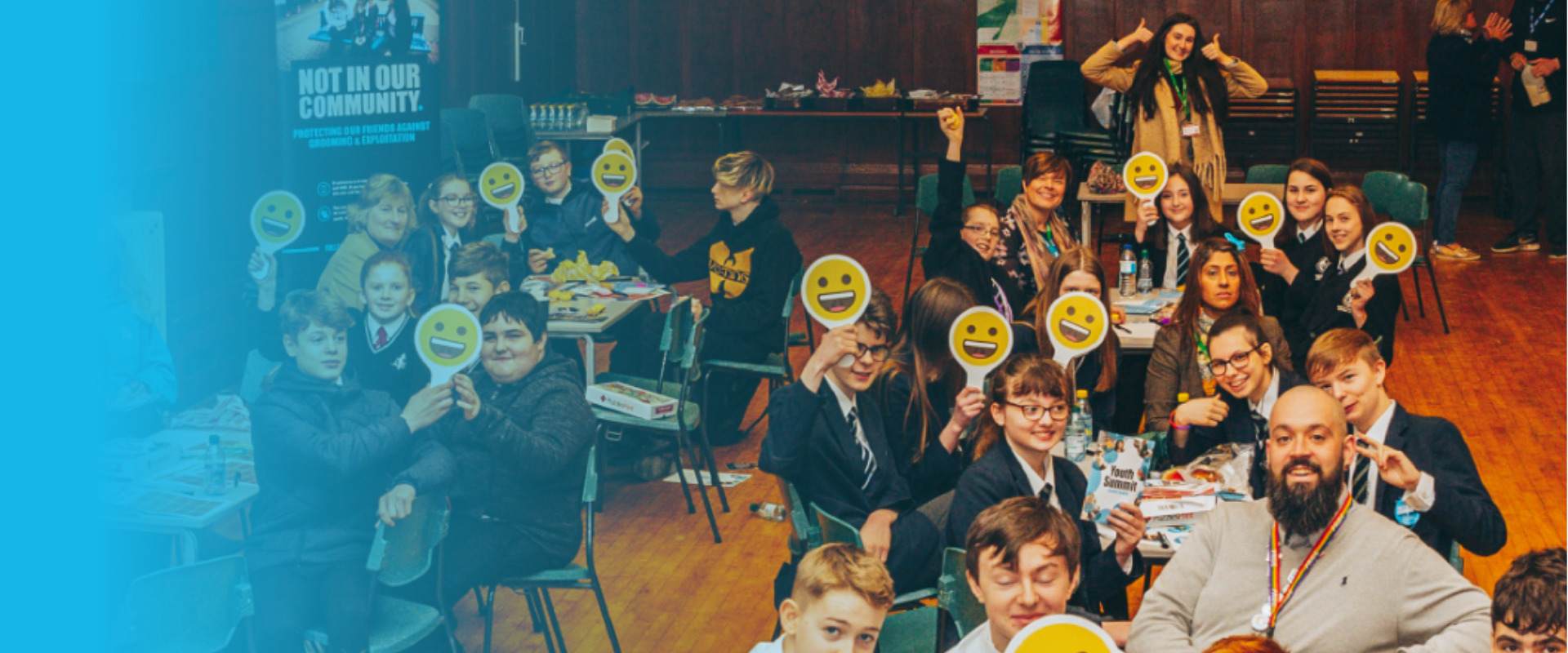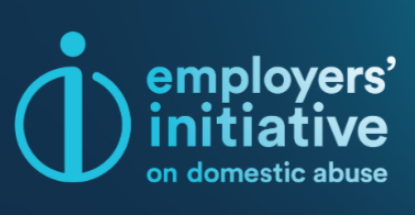Navigators
Care, guidance and advice for young people admitted to hospital with a violence-related injury.

Care, guidance and advice for young people admitted to hospital with a violence-related injury.

"I cannot thank the Navigators enough for their continuous support and care. I absolutely needed them and I'm so lucky to have the opportunity to be supported by caring, kind, considerate people who listen to me and make me feel important and heard. There will never be enough words to show how grateful me and my family are."
Patient at Hull Royal Infirmary

Breaking the Cycle
Helping you have conversations with young people about the realities of knife crime

Youth Connect
A website for 11-to-18-year-olds to explore new interests, develop skills and meet new friends

Listen to Us! (Trusted Adults)
Supporting trusted adults to talk to young people without judgment, agenda or expectation

Talk to Us! (Trusted Adults)
Encouraging young people to reach out to a trusted adult for support

Anyone. Anywhere.
Helping young people recognise the signs of unhealthy relationships

Not In Our Community
Teaching children and young people about crime prevention and safety










